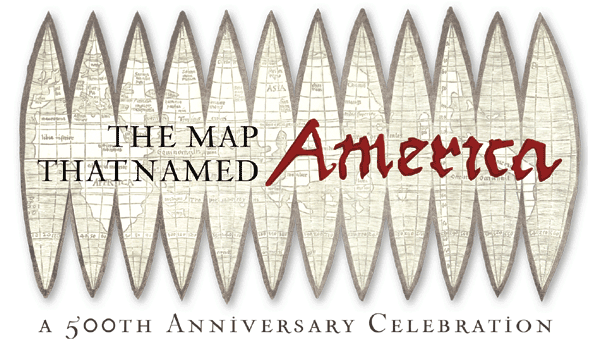Exploration and Discovery: And What of Columbus?

Every American school child knows the story of Christopher Columbus. In 1492, he set out from Spain across the Atlantic in search of a sea route to India and China. Instead, he found a new world. The famous letter recounting this first voyage, Epistula…de Insulis Indiae supra Gangem nuper inventis, made Columbus famous across Europe and earned him the title Admiral of the Ocean Sea. It was printed in 11 editions between 1493 and 1497, including a German edition published at Strassbourg. However, this letter told not of the discovery of a new world, but rather of the islands of the Indies beyond the Ganges-in other words, Asia.
Columbus' centrality in the history of the discovery of America has become clouded by his reputation. He was accused of mishandling his administration of Spanish interests in the Indies, was briefly imprisoned in 1500, and his third and fourth voyages were beset by difficulties. Modern scholars are critical of his treatment of the native populations of the Caribbean. However, it was not for these reasons that the scholars of St. Dié chose not to honor him when they sought a name for the New World in 1507. Rather, it was because Vespucci's letters, however inaccurate, told of finding a new continent-the fourth part of the world believed to exist by ancient scholars and widely speculated about by his uncle's humanist colleagues in Florence. Additionally, and perhaps more pertinent to their popularity, they contained somewhat lurid descriptions of the Brazilian natives Vespucci had encountered, including such customs as body piercing, general nudity and alleged sexual promiscuity, and cannibalism-all titillating and fascinating to the European reading public.




